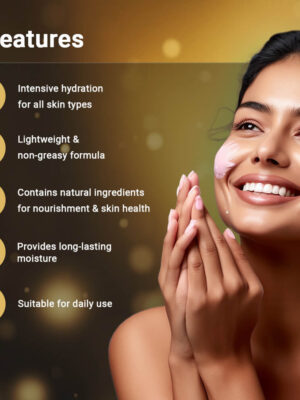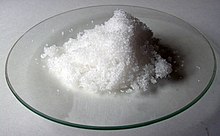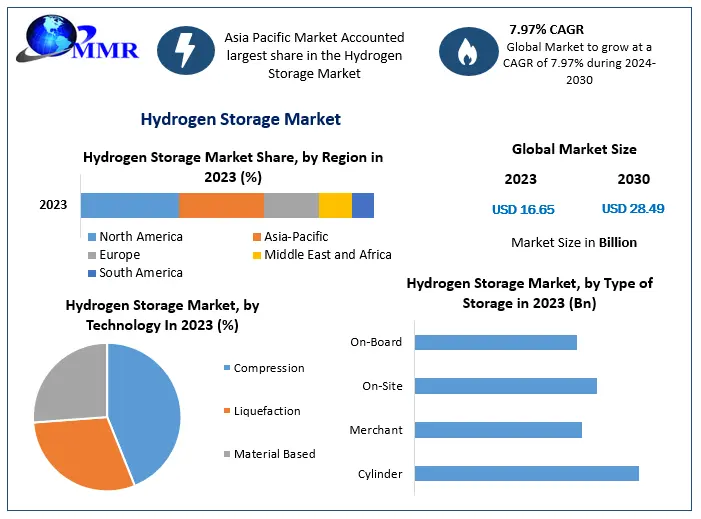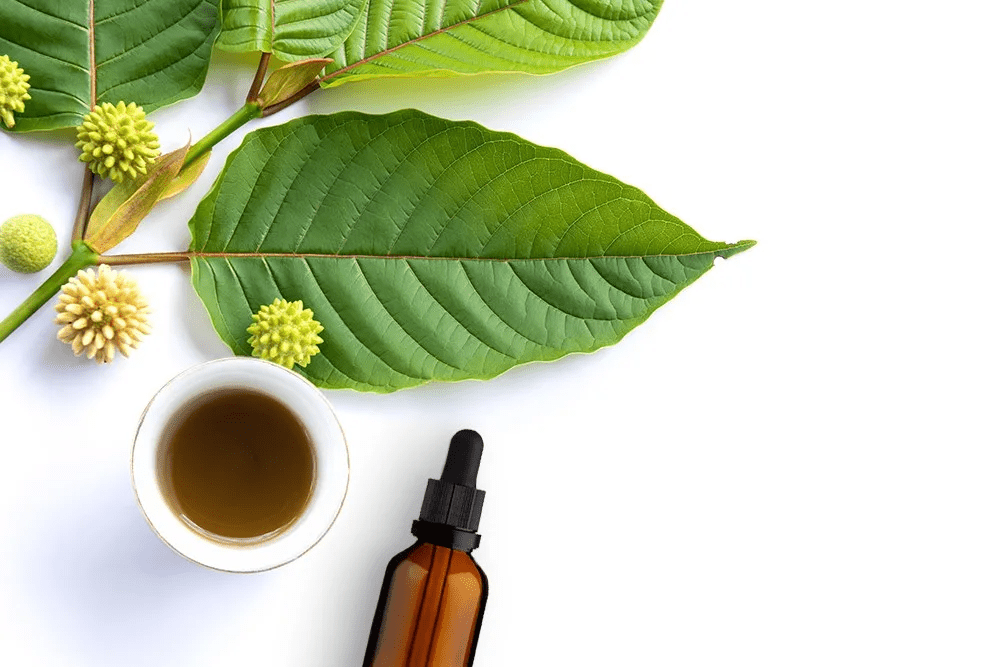Moisturizers play a central role in any skincare routine, delivering hydration, protection, and that healthy glow we all love. But with so many products on the market, finding the right one can feel overwhelming. At Gleara, we believe skincare should be simple, effective, and enjoyable. This guide will walk you through everything you need to know about moisturizers—how to choose the best one for your skin type, the key ingredients to look for, and how to incorporate it into your daily routine.
Table of Contents
ToggleWhat Is a Moisturizer, and Why Do You Need It?
A moisturizer is a skincare product designed to hydrate and protect the skin. Moisturizers help seal in moisture, ensuring your skin stays soft, supple, and protected from environmental damage. Regular use can reduce dryness, improve elasticity, and prevent premature aging. Whether you have oily, dry, combination, or sensitive skin, finding the right moisturizer is essential for a healthy and balanced complexion.
How Moisturizers Benefit Your Skin
- Hydration: Moisturizers lock in water and provide continuous hydration, ensuring your skin remains soft and elastic.
- Barrier Protection: They create a protective barrier against pollutants, harsh weather, and environmental damage.
- Anti-Aging: Hydrated skin is less prone to wrinkles, fine lines, and dullness. Moisturizers with anti-aging ingredients, like hyaluronic acid and peptides, help maintain a youthful look.
- Improves Skin Texture: Regular moisturizing improves the skin’s texture, leaving it smooth and radiant.
Types of Moisturizers: Finding Your Match
Not all moisturizers are created equal, and selecting the right one depends on your skin type and unique needs. Here’s a breakdown to help you find your perfect match.
1. Gel-Based Moisturizers
- Best For: Oily and combination skin
- Texture: Lightweight and water-based
- Key Benefits: Gel-based moisturizers offer hydration without adding excess oil, making them perfect for those who want a fresh, non-greasy finish.
2. Cream-Based Moisturizers
- Best For: Dry and mature skin
- Texture: Thicker and richer
- Key Benefits: Creams provide intense hydration and work well for those with dry, flaky, or aging skin. They deliver long-lasting moisture and can double as a night cream for deep nourishment.
3. Lotion-Based Moisturizers
- Best For: Normal and combination skin
- Texture: Medium-weight
- Key Benefits: Lotions strike a balance between hydration and lightness, offering enough moisture without being too heavy.
4. Oil-Based Moisturizers
- Best For: Extremely dry and sensitive skin
- Texture: Rich and deeply hydrating
- Key Benefits: Oil-based moisturizers work to replenish the skin’s natural oil layer, making them suitable for extremely dry skin and even eczema-prone skin.
Key Ingredients to Look for in a Moisturizer
To maximize the benefits of your moisturizer, look for specific ingredients that match your skin needs. Here are some hero ingredients that can make a big difference:
- Hyaluronic Acid: Known for its exceptional moisture retention, hyaluronic acid is ideal for all skin types, providing lightweight hydration without clogging pores.
- Ceramides: These fatty acids help restore the skin’s barrier, lock in moisture, and improve resilience.
- Glycerin: An excellent humectant that draws water into the skin, keeping it hydrated and plump.
- Niacinamide: Known for its soothing and anti-inflammatory properties, niacinamide helps reduce redness, minimize pores, and even out skin tone.
- Antioxidants: Vitamins C and E are powerful antioxidants that protect against free radicals, improve skin texture, and promote collagen production.
How to Apply Moisturizer for Best Results
- Cleanse First: Always apply moisturizer on clean skin. Start with a gentle cleanser to remove any dirt, oil, or makeup.
- Damp Skin Application: Moisturizers work best when applied to slightly damp skin. This helps lock in the moisture more effectively.
- Massage in Upward Strokes: Take a small amount of moisturizer and gently massage it into your skin using upward strokes. This not only helps absorption but also stimulates circulation.
- Layer for Added Benefits: If you use a serum or treatment, apply it before your moisturizer to seal in the active ingredients.
How to Choose the Right Moisturizer for Your Skin Type
Choosing the right moisturizer is all about understanding your skin’s needs. Here’s a quick guide to help you pick the best match for your skin type:
1. Oily Skin
- Recommended Formula: Gel-based or oil-free moisturizer.
- Look For: Non-comedogenic ingredients like hyaluronic acid and glycerin that hydrate without clogging pores.
2. Dry Skin
- Recommended Formula: Cream or oil-based moisturizer.
- Look For: Ingredients like ceramides, shea butter, and squalane to deeply nourish and restore moisture.
3. Combination Skin
- Recommended Formula: Lightweight lotion or gel.
- Look For: Moisturizers with both hydrating and oil-balancing properties, like niacinamide and hyaluronic acid.
4. Sensitive Skin
- Recommended Formula: Hypoallergenic and fragrance-free moisturizer.
- Look For: Soothing ingredients like aloe vera, chamomile, and colloidal oatmeal that calm and protect the skin.
Common Mistakes to Avoid When Using Moisturizer
- Using Too Much Product: A little goes a long way. Applying too much can clog pores and lead to a greasy finish.
- Skipping Moisturizer Because of Oily Skin: Even oily skin needs hydration; skipping it can cause the skin to produce even more oil.
- Applying Incorrectly: Avoid rubbing aggressively; instead, gently massage the product into your skin.
- Not Adjusting Seasonally: Skin needs change with the weather. Use lighter moisturizers in the summer and richer ones in the winter.
FAQs About Moisturizers
Q1. How often should I use a moisturizer?
- Ideally, you should use a moisturizer twice a day—once in the morning and once at night. For drier skin types, applying an additional layer during the day may be beneficial.
Q2. Can I skip moisturizer if I have oily skin?
- No, oily skin still needs hydration. Using an oil-free, lightweight moisturizer can keep skin balanced without causing excess oil production.
Q3. What is the difference between a day and night moisturizer?
- Day moisturizers are generally lighter and often contain SPF to protect against UV rays, while night moisturizers are richer and focus on hydration and repair.
Q4. Can I use the same moisturizer for my face and body?
- Face moisturizers are formulated for the delicate skin on your face, while body lotions are usually thicker. It’s best to use separate products for optimal results.
Q5. How do I know if a moisturizer is clogging my pores?
- If you notice breakouts, blackheads, or a heavy feeling on your skin after application, it might be too rich or occlusive for your skin type. Opt for a non-comedogenic formula instead.
Q6. When should I switch my moisturizer?
- As your skin changes with age, season, or other factors, it’s essential to adjust your moisturizer to meet these new needs.
Conclusion
Choosing the right moisturizer for your skin is key to a radiant, healthy complexion. At Gleara, we believe in empowering you with the knowledge to make skincare choices that truly work. Remember, a well-formulated moisturizer can be a game-changer in any skincare routine, delivering hydration, protection, and a natural glow.
Ready to find your perfect match? Let Gleara guide you to hydrated, glowing skin every day.




